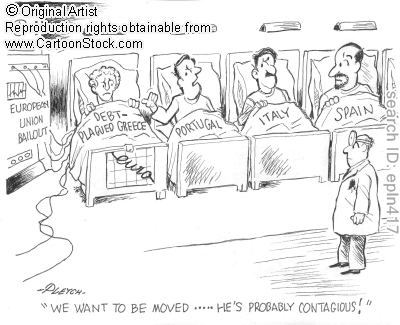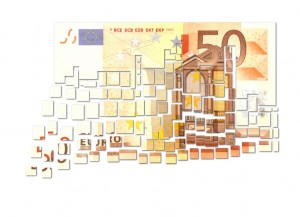
Thailand Flood
According to the article, Thailand’s worst flood in decades has made massive destructions not only for Thailand, but also for the global supply chain.
The flood destroyed local industries in the production area of the city and left hundreds of people dead. But why would that affect anything abroad?
Well, with the Thai factories which supply ‘about 40% of the world’s HDD market’ gone, it seems that giants such as Dell, Toshiba, Toyota, and Ford will see shortages. Customers will start seeing price increases, or, even worse, the disappearance of these products on the market because companies would rather stop selling than trying to sell at a high price that they know customers would not accept.

Thailand Floods Harddrive Factories
It seems that too many companies take their supply chains for granted and rely on the “just-in-time” delivery system which delivers components and raw materials only when needed. Companies employ this system because demand forecasting can have too many possible outcome and is almost always wrong, and yet operations aim to get the product out at the right time with the right amounts. However, when in crises like the Thai flood, we can see the fragility of this system.

















